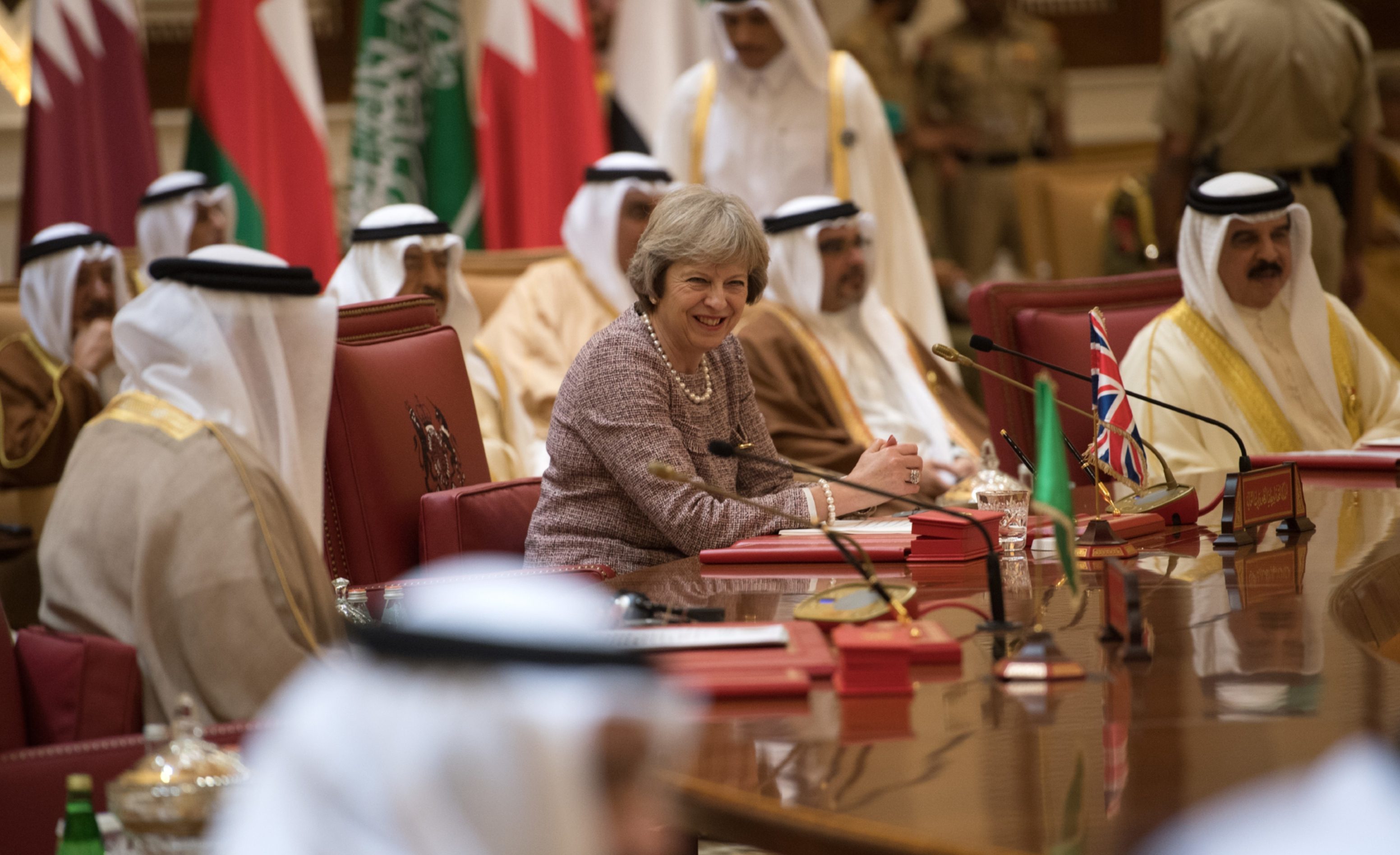The world is quite busy just now but it should stop to listen to Jamie McGoldrick.
People across the planet are still trying to come to terms with the implications of the election of Donald Trump in the United States and the fallout from Brexit, while the disaster of Syria and the battle to take back Mosul in Iraq from Islamic State still, thankfully, command attention.
However, Yemen is not at the forefront of our thoughts. Instead, it is the forgotten tragedy.
That is why it is so important that the voice of the United Nations humanitarian co-ordinator in that poorest of Gulf nations is heard.
McGoldrick said: “The world has turned a blind eye to what’s happening in Yemen… right now we are so under-resourced for this crisis, it’s extraordinary. The humanity doesn’t work anymore here.”
The Irishman goes on to say that Yemenis “are just not able to feed their families” or “treat their kids who are sick.”
Yemen is a complex conflict, which is often over-simplified into a proxy war between Saudi Arabia and Iran, or lazily seen as a Sunni Islam versus Shia Islam battle.
British Foreign Secretary Boris Johnson is the latest to fall into this camp, albeit he was talking in a regional context rather than specifically about Yemen.
The Houthi rebels from the north of the country seized control of large parts of Yemen in September 2014, including the capital Sana’a, and they remain in power in the western part of the country despite being pushed back by Saudi-backed pro-government forces loyal to president-in-exile Abd-Rabbu Mansour al-Hadi.
In March 2015, the Saudis – backed by their allies in the Gulf Co-operation Council (GCC) – launched Operation Decisive Storm in an attempt to oust the Houthis through air strikes.
The rebels, who have the key backing of former president Ali Abdullah Saleh, have clung on despite the bombardment.
They maintain their grip despite the efforts of the pro-Hadi forces and terrorists al-Qaeda in the Arabian Peninsula, who are estimated to control over a third of Yemen to the east.
The great victims of the war have been the Yemeni people, with a conservative estimate of 10,000 dead, infrastructure decimated, health facilities either failing or non-existent and over half the population facing starvation.
The United Kingdom is respected as a large donor of aid in the region but it is difficult to see a reasonable or even neutral approach to the crisis when, in her address to the GCC in Bahrain, Prime Minister Theresa May stressed: “I am clear-eyed about the threat that Iran poses to the Gulf and the wider Middle East.”
Meanwhile, billions of pounds worth of arms sales to the Saudis continue and the Kingdom is praised by Mrs May for “intelligence we have received in the past from Saudi Arabia (that) has saved potentially hundreds of lives in the UK.”
Iran’s involvement in Yemen pales into insignificance when compared to that in Iraq and Syria. It is predominantly one of political backer for the Houthis rather than military ally. There are no Iranian fighter jets flying over Sana’a or Aden.
Surely, though, for Mrs May and other world leaders, the rights and wrongs of the conflict and taking sides are not what matter most now.
What is important is that the world wakes up to the ongoing humanitarian disaster in Yemen and does something to help.










